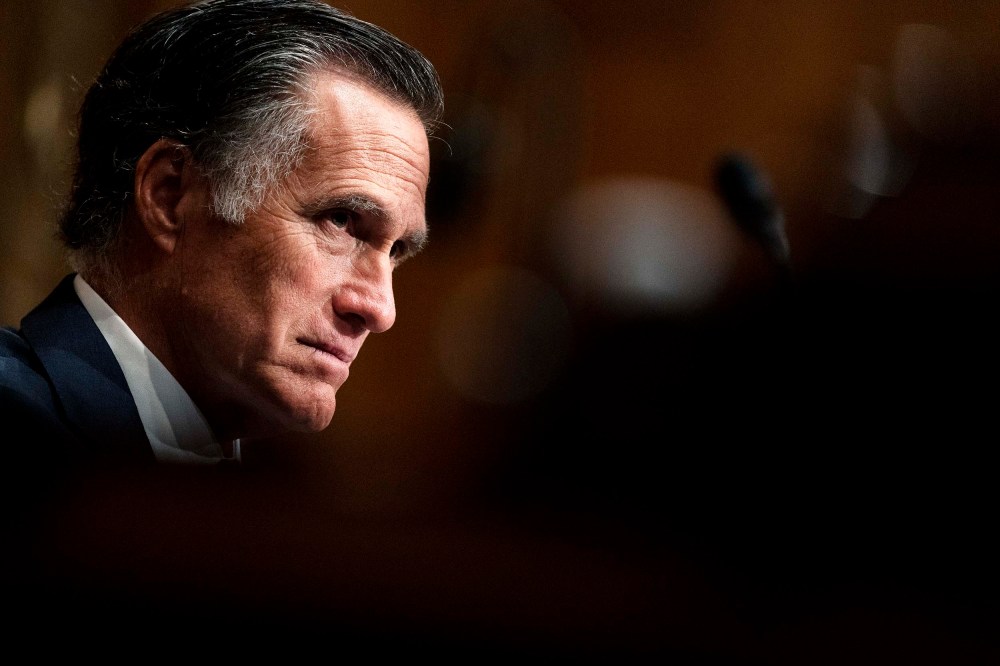When Mitt Romney launched a Republican U.S. Senate campaign in Utah in 2018, the question wasn’t whether the former governor would win, it was how big a landslide his victory would be. As the dust settled, the results were predictably lopsided: Romney won by nearly 32 points.
Between Utah’s partisan leanings and Romney’s wealth and stature, it was easy to imagine that the newly elected GOP senator would hold that seat for as long as he wanted it. As of this afternoon, however, he no longer wants it. NBC News reported:
Sen. Mitt Romney, R-Utah, the 2012 Republican presidential nominee and outspoken critic of former President Donald Trump, will not run for re-election next year, he said in a statement on Wednesday.
The Utahan is the fifth incumbent senator to announce his retirement ahead of the 2024 cycle, following similar news from four Democrats: Maryland’s Ben Cardin, Michigan’s Debbie Stabenow, California’s Dianne Feinstein, and Delaware’s Tom Carper.
There is no realistic doubt that Romney will be succeeded by another Republican, and neither party is likely to give the open-seat contest much attention over the next year.
My message to Utahns on my Senate reelection plan: pic.twitter.com/kgbsfIxMeR
— Senator Mitt Romney (@SenatorRomney) September 13, 2023
As regular readers know, I’ve followed Romney’s career with considerable interest — raise your hand if you remember the Mitt’s Mendacity franchise from 11 years ago — and I occasionally find it extraordinary to appreciate how he’s now positioned in Republican politics.
In 2012, for example, the then-presidential candidate boasted about his status as a “severely conservative“ Republican, as part of a candidacy rooted in a “self-deportation” proposal and jokes about his birth certificate.
A decade later, his name effectively became an epithet in GOP circles. This Associated Press report from June 2022 comes to mind:














